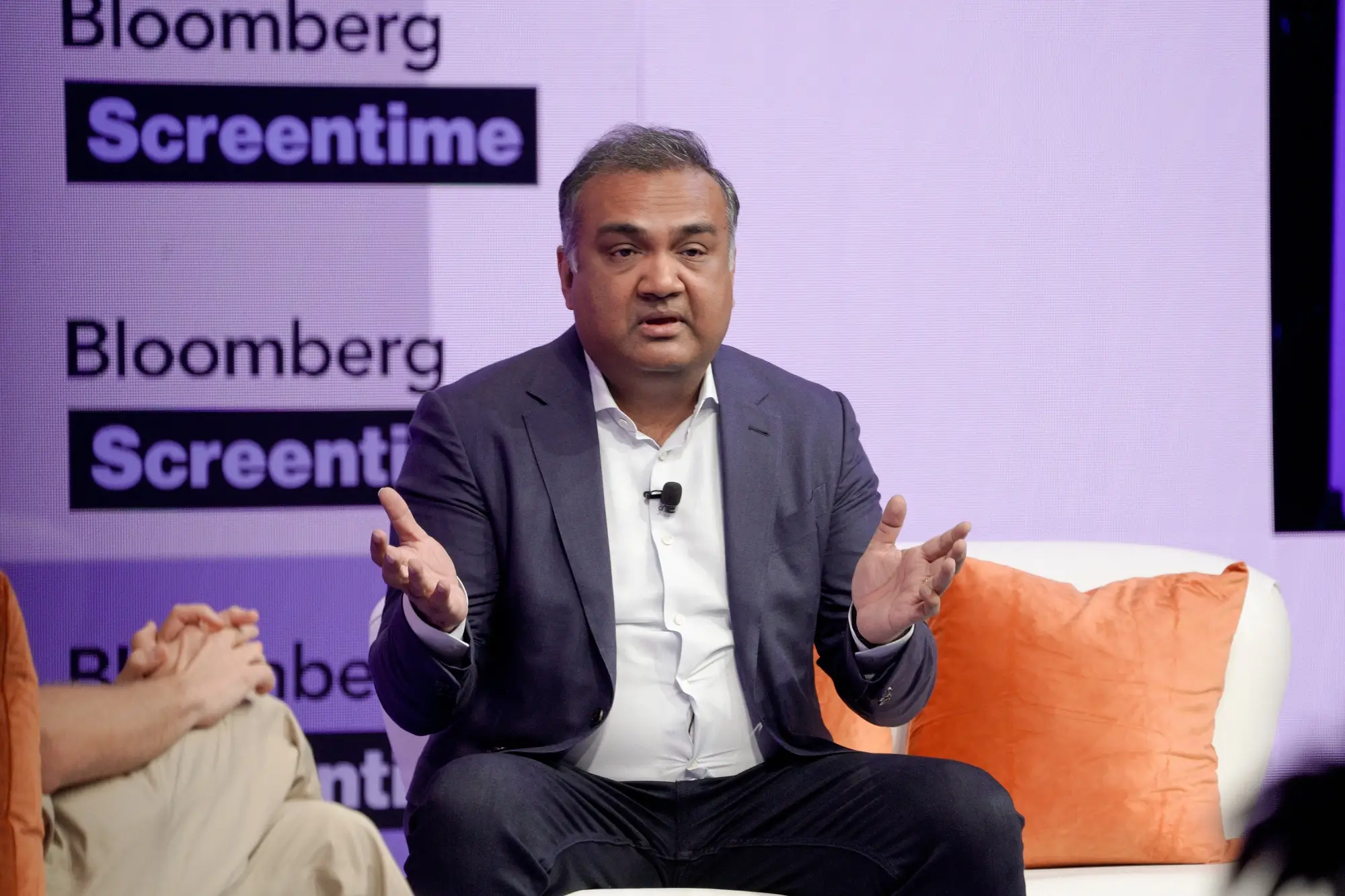
In recent developments within the digital content and AI technology sphere, YouTube’s CEO has articulated concerns over OpenAI’s use of creators’ hard work for training its sophisticated AI, Sora. This discussion surfaces amidst broader debates on the ethical implications and copyright issues related to AI-generated content, which involves transforming textual prompts into vivid videos.
OpenAI, the innovator behind Sora, has demonstrated the tool’s capability to produce highly realistic video snippets from minimal text inputs, igniting a mix of excitement and apprehension among content creators. Esteemed YouTuber Marques Brownlee has voiced his unease, finding the prospect of AI performing tasks traditionally done by humans both “frightening” and “threatening.” Meanwhile, others in the creative domain, like Caleb Ward from Curious Refuge, see significant potential in leveraging Sora for innovative content creation, highlighting a pivotal moment for the industry. Despite this enthusiasm, concerns remain regarding the originality and ethical sourcing of the training data, crucial for the integrity and future of creative professions.
The discourse extends to the potential harms Sora and similar technologies might pose to journalism and society at large. The ease of generating plausible but fabricated visual content raises alarm, especially in contexts like war zone reporting or any scenario where verifying the authenticity of user-generated content is crucial. The mere existence of such AI capabilities complicates the task of distinguishing between real and artificially generated content, thereby feeding into the “liar’s dividend,” where the truthfulness of genuine content is questioned due to the possibility of AI fabrication.
This emerging landscape brings to light significant concerns regarding copyright infringement and the fair compensation of artists and creators. The core functionality of generative AI technologies, including Sora, relies on a vast amount of data, often sourced without explicit consent from the original creators. This practice raises questions about the fairness and sustainability of using copyrighted works as training material without due recognition or remuneration to the creators. Despite the argument of fair use proposed by some AI developers, the ongoing legal debates and the call for equitable compensation underline the tension between technological advancement and copyright ethics.
The crux of the matter lies in balancing innovation with ethical considerations, ensuring creators are fairly compensated for their contributions to the AI-powered future of content creation. As this conversation unfolds, the role of platforms like YouTube and AI developers like OpenAI in shaping the future of digital creativity remains a critical area of scrutiny and dialogue.